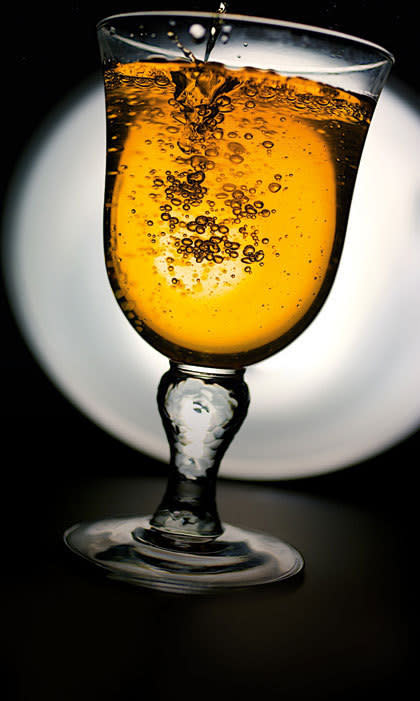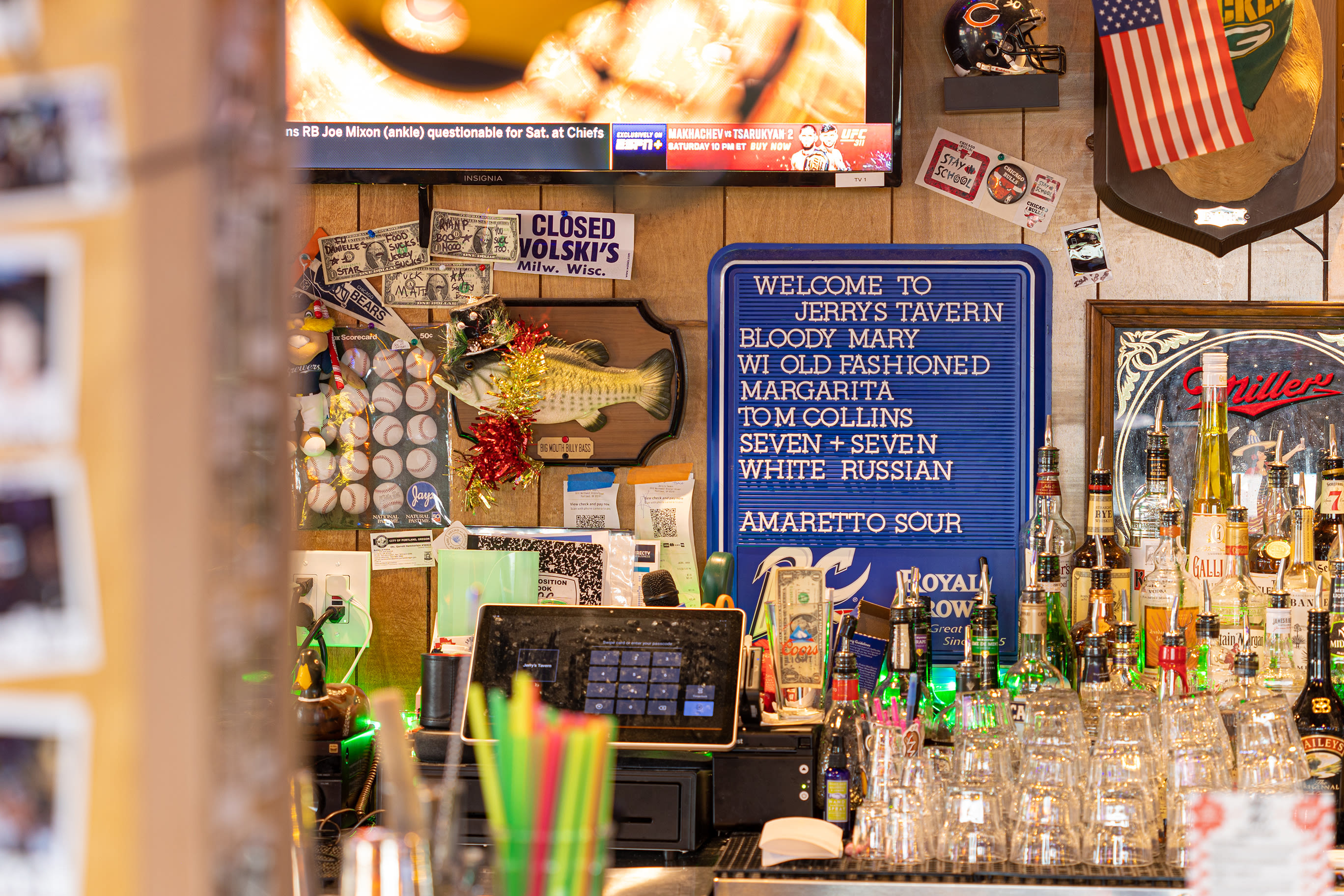Forgotten Fruits

LIGHTER THAN BEER and more refreshing than wine, hard cider has a deep lineage within the history of booze. English country folk swilled it as early as 55 BC, and in the 17th century cider hopped the Atlantic to become the preferred drink of the American colonies. But in 1920, large-scale stateside cidermaking was thwarted by the 13-year dry spell known as Prohibition. With the repeal of that rueful 18th Amendment, distilling, brewing, and winemaking made quick comebacks, but cidermaking—the pure, simple process of transforming apples into a natural and, unlike most beer, gluten-free alcoholic libation—never quite recovered.
But over the past 15 years, as American tastes have sought out all manner of handcrafted, Eurocentric beverages, cider has returned to the presses—particularly here in Pacific Northwest, where fertile soils and a temperate climate allow apple orchards to thrive. One of the leaders in the movement to revive the time-honored tradition is Wandering Aengus Ciderworks, a Salem cidery that Nick Gunn and Mimi Casteel bought in 2004. “We were really awakened to the roots of what cider was and what it is now,” says Gunn. “And we’ve been preaching the gospel of cider ever since.”
With all the delicacy of fine wine, cider reveals the subtleties of its geography: the variety of apples used, the earth the apple trees sprang from, and what the weather was doing the year they were grown. At Wandering Aengus, Gunn and Casteel use English and French cider apples from their 17 acres of organic orchards in Salem and Ashland, sourcing the remainder of their fruit from heirloom orchards around the state. Every year, Wandering Aengus releases two staple ciders: Bloom, sweet and refreshing with a crisp, clean finish; and Wanderlust, a harder, spicier, semi-dry version modeled after traditional English ciders. But in March, they debuted a new line of draft-only ciders called Anthem. Now, with Wandering Aengus ciders regularly appearing on Portland menus at Higgins, Green Dragon, and Apex, it’s easier than ever to celebrate a nearly forgotten English tradition—while enjoying a true taste of Oregon.




